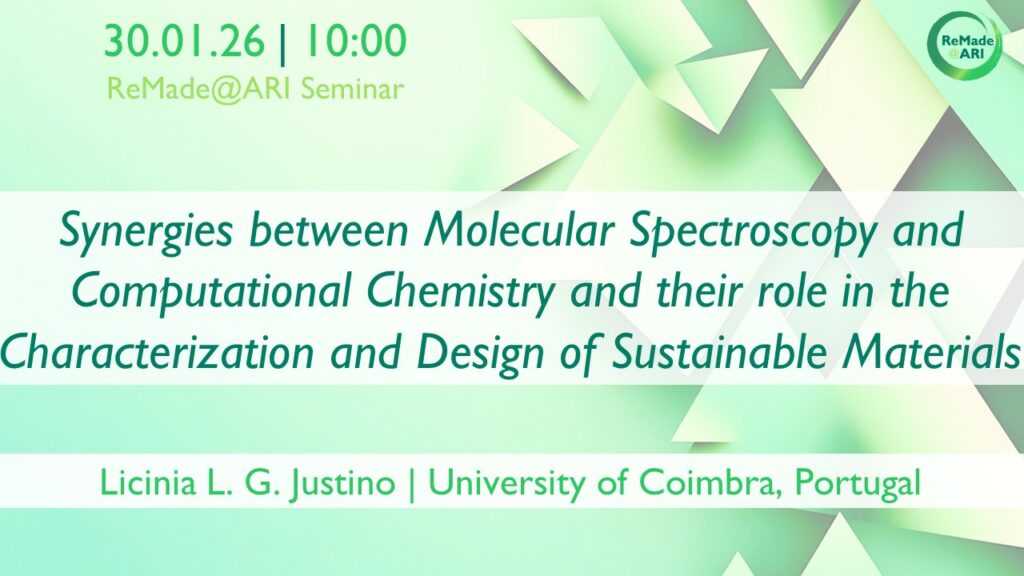
- This event has passed.
Radiation sources based on laser plasma interaction and applications in materials science
Speaker: Teresa Cebriano Ramírez (CLPU, Spain)
Date: Wednesday, 17 April 2024, 4:00pm CET
The CLPU operates VEGA, a multi Terawatt laser system composed by three independent and synchronized 30 fs long pulses: VEGA-3 of 1 PW (at 1Hz), VEGA- 2 of 200 TW and VEGA-1 of 20 TW (both up to 10 Hz). The interaction of these pulses with matter (in solid, liquid or gaseous states) generates different plasma states and in turn, the emission of different particle beams with different energy ranges.
These are protons (few keV up to 20 MeV) and ion sources, electrons (up to 500 MeV), neutrons, X-rays and gamma rays. All these sources provide a direct application in the field of materials characterization and synthesis such as PIXE (particle induced X-ray emission), PIGE (particle induced gamma ray emission), EDX, imaging, X-ray fluorescence, lithography (p-writing) or ion implantation. In addition, radiation hardness tests of materials and devices can be performed with direct laser irradiation (damage threshold). Furthermore, the experimental conditions of laser-plasma interaction resemble those of space and planetary ambient which makes them valid for equipment and electronics commissioning for space missions.
Finally, the CLPU provides also a laser micro processing station, possibility of nanoparticle production, interaction with biological tissues and microsurgery, fabrication of photonic elements, etc. The Centre also has all the required resources to set up different spectroscopical analysis techniques as tools for control and diagnose in situ the micro processing as Laser induced Breakdown Spectroscopy (LIBS).
Register to the Talk >>
This Talk is part of a series of webinars where Laserlab-Europe members introduce their techniques available to academic and industry users in the field of recyclable materials. Transnational Access is provided to international scientists to more than 50 research infrastructures being part of the ReMade@ARI project.

